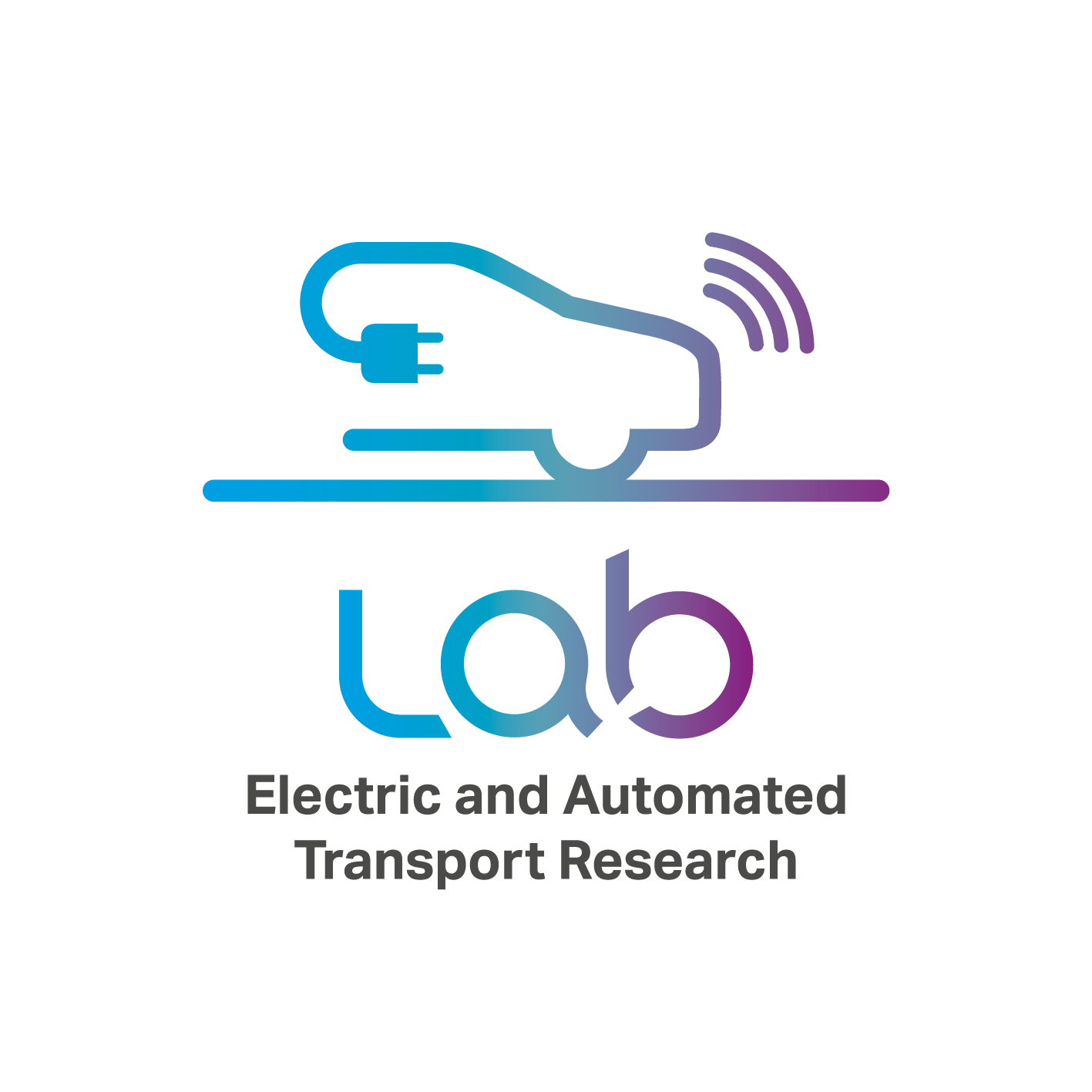Electric and Automated Transport research
Transitions in transportation systems are taking place with revolutionary technologies involving vehicle electrification, automation and connectivity. What are the impacts of these technologies on urban development, planning and operations of transport networks and infrastructure? How will humans behave when interacting with these technologies? How can one design sustainable transport systems that leverage the potential of these emerging technologies? Answers to these questions are of paramount importance to both public and private stakeholders.
The mission of the lab of electric and automated transport (hEAT Lab) research is to develop innovative and sustainable solutions to challenges involving electric and automated transport systems at different spatial and temporal scales. Data from surveys, simulations, field experiments are essential to this lab to develop theories, models and tools to assess the impacts of electrification and automation systems on, for example, microscopic vehicle behaviour, bottleneck and network operations, and sustainable development. The insights into these impacts will, in turn, feedback to support the design of better transportation networks, charging facilities, routing strategies, traffic signal and vehicle control systems.
The lab members work closely with stakeholders and strive for both scientific excellence and societal relevance in electric and automated transport.











